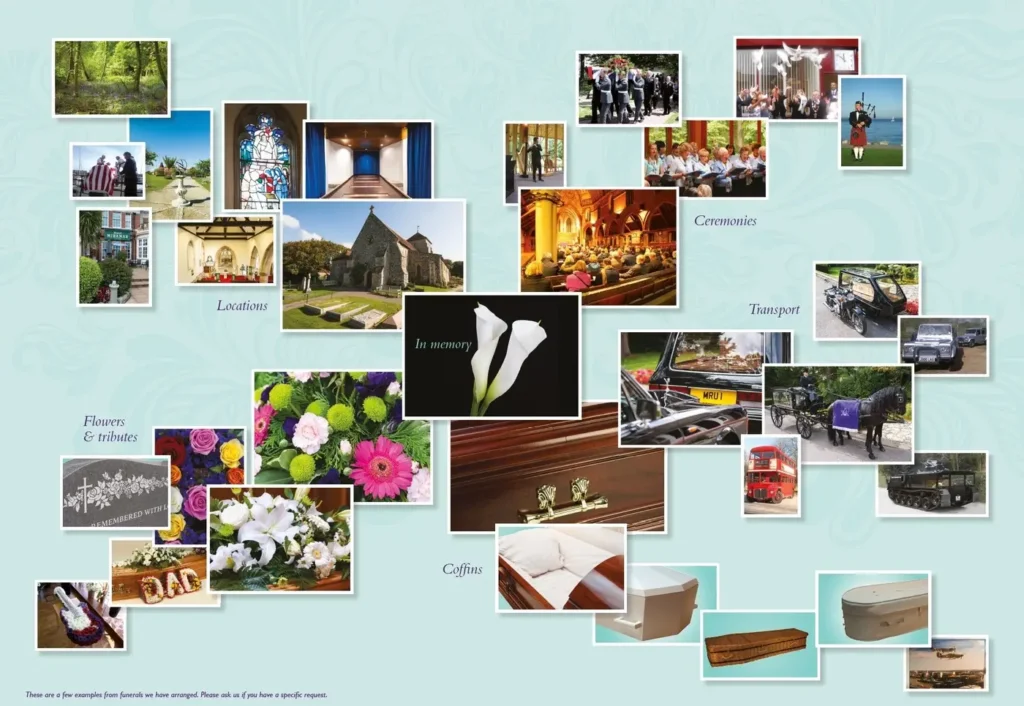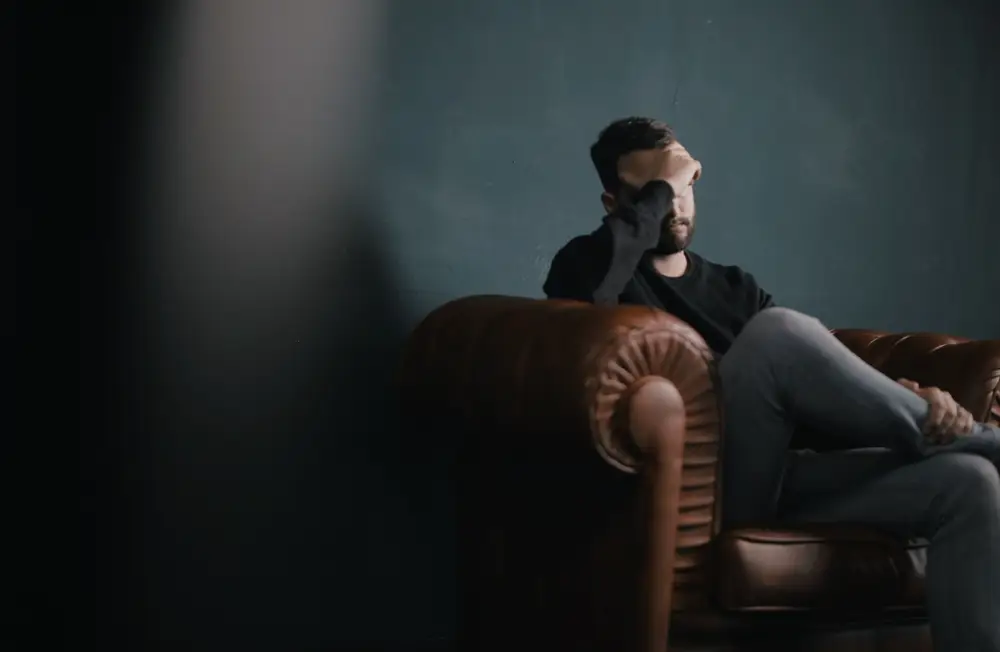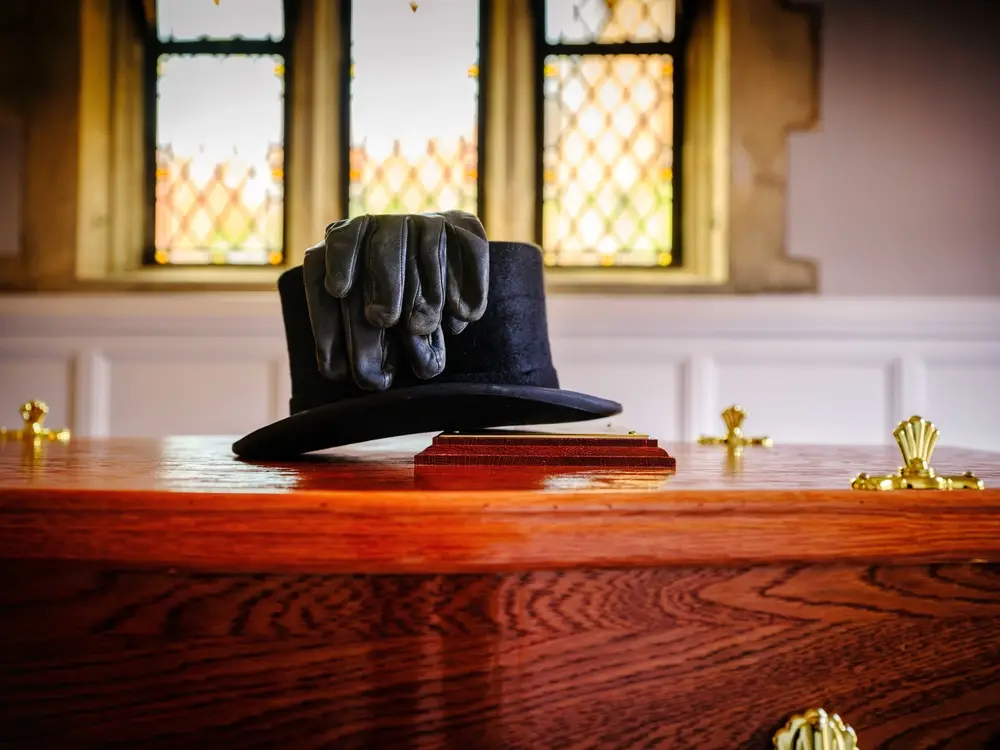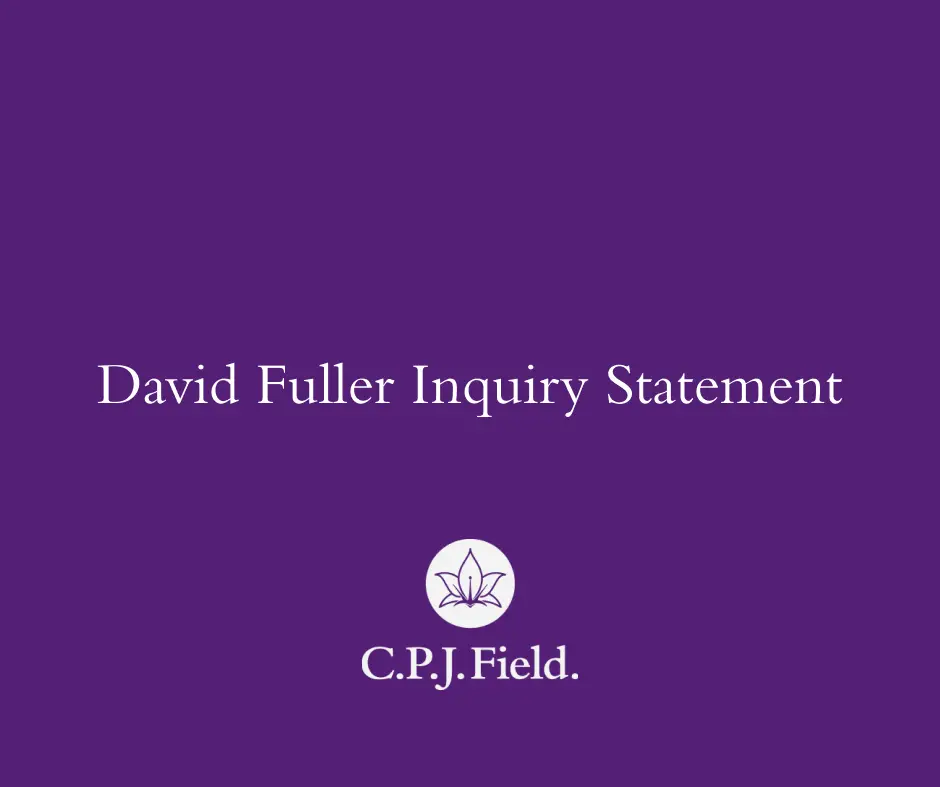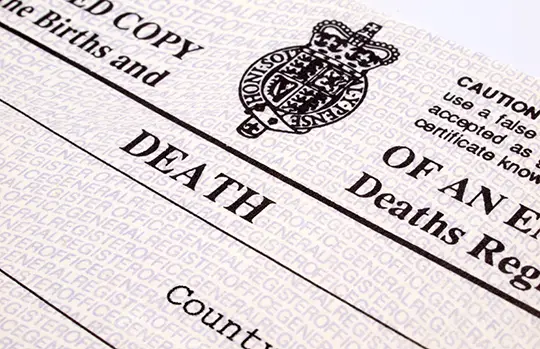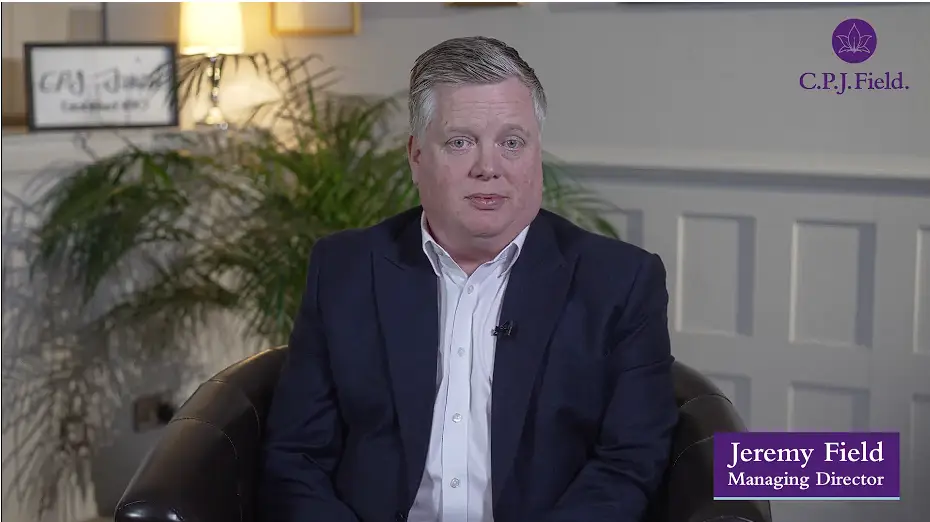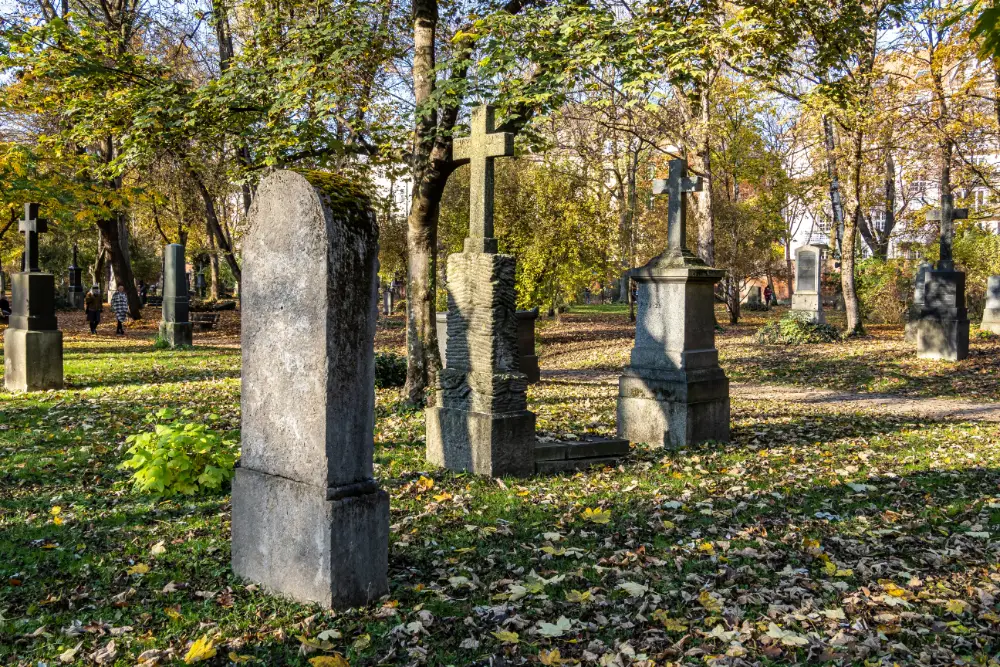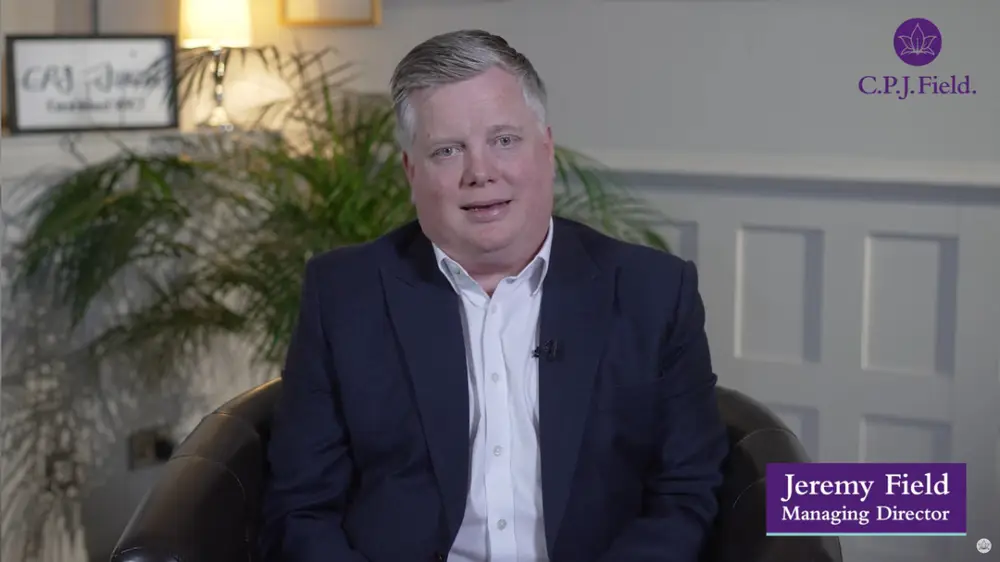
Caring for people who care
We are privileged to work with some incredibly special people who devote their working lives to supporting others, helping to make a difficult time a little easier. As a family and as a business, we are committed to ‘Caring for those that Care’, ensuring that our colleagues wellbeing is always front of mind.
Read More

